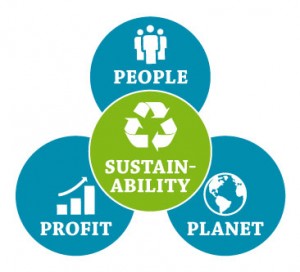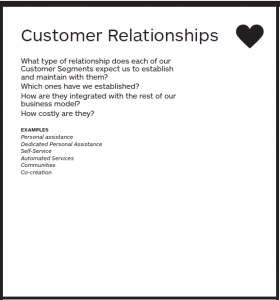In his blog post “Shared Value”, my classmate Mitchell McCullough discusses Nestlé’s new policies of shared value. After reading his post, I couldn’t help but feel a positive attitude toward Nestlé. Mitch talked about Nestlé’s forums on shared value, the establishment of a shared value prize by Nestlé and the company’s apparent dedication to the concept of shared value as a whole.
As I read, however, something was nagging the back of my mind. My first blog post in this course actually featured Nestlé, however mine looked at the company from quite a different perspective. My post, which can be read below, discussed how Nestlé extracts and packages ground water from B.C. at absolutely no cost, sometimes extracting water from local towns supply. To me this seems like the very opposite of shared value. When I read that Nestlé created a shared value prize I was immediately reminded of the Nobel prizes. Alfred Nobel, the creator of the Nobel prizes, was also the inventor of dynamite. The only reason he created the Nobel prizes was so that he would be remembered for something other than his destructive invention that has killed so many. It seems that Nestlé has also created their shared value prize to distract consumers from there unethical practices.
From my perspective Nestlé is an unethical company and from Mitch’s, it is one that is helping the world. Considering Nestlé, it becomes clear that it is essential to always look deeper into companies’ practices. It is important not to automatically categorize a company as either good or bad, but rather to evaluate a company from all perspectives until a clear picture emerges.



